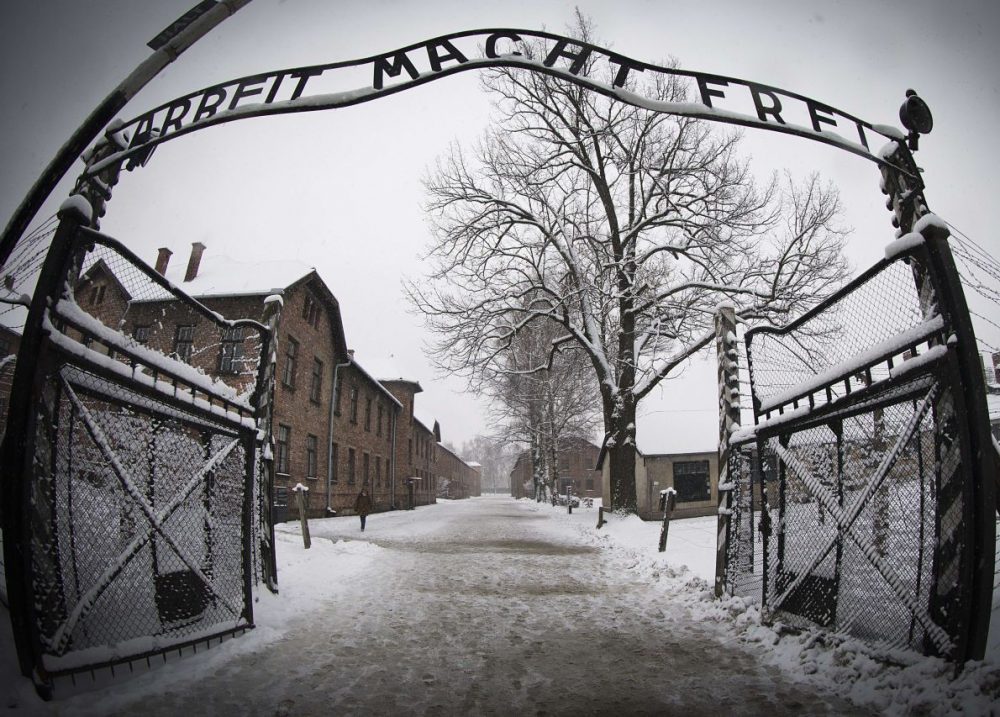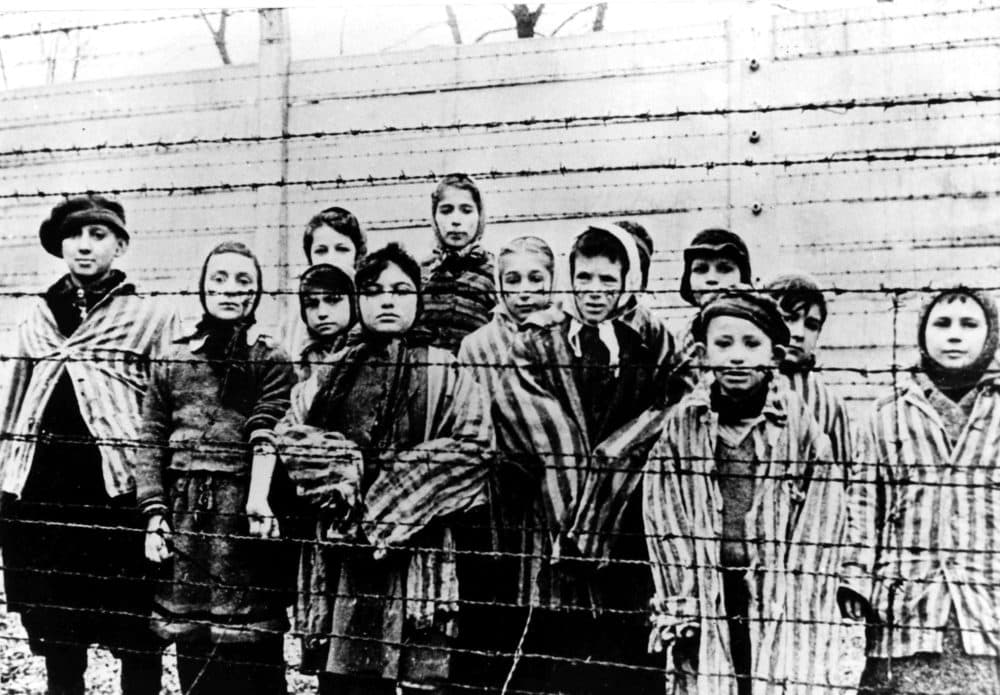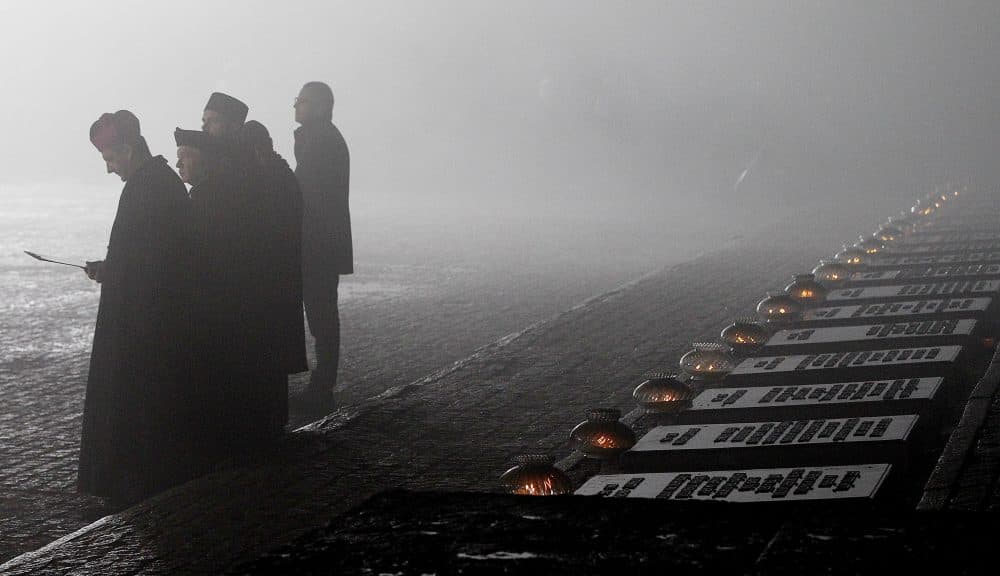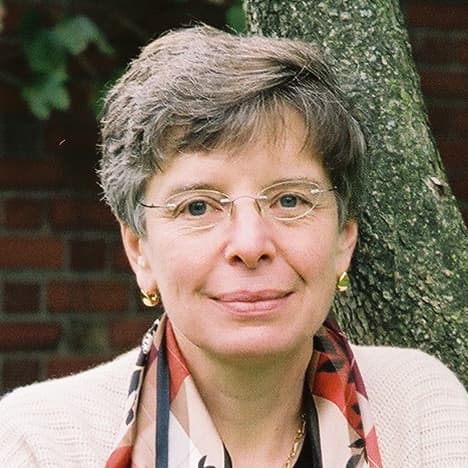Advertisement
commentary
Visit Auschwitz For The Questions That Follow You Home

It is exactly because we are sensitive, sentient creatures that most of us can be oppressed and silenced easily. Our imaginations are vivid and lead us quickly to contemplate the nasty price of resisting power. We calculate subliminally and often conclude that silence, compliance, perhaps passive resistance, offer a shot at protecting ourselves and those we love. Or, we sign on with the oppressor, hoping to maintain some illusion of safety. We know our lives are brief, our perches precarious, that we can buy no ticket for a second turn.
I spent a day at Auschwitz, and this thought about the paradox of our fragility floated through my brain as I’ve tried to hold at bay the worst of the nausea and sorrow. The three-hour tour forces you to contemplate a level of psychopathic cruelty that is as systematic, intentional, and immense as it is indigestible.
You see the barracks, the torture cells, the building devoted to “medical” experiments sterilizing young women, the wall where so many thousands were shot, the remains of the gas chambers, the rubble piles of old crematoria, the empty cans of Zyklon B gas, the cattle car on the railroad track, the piles of shoes, suitcases, hair, the soiled mattresses, the children’s clothes, the pond filled still with tons of ashes.

Try as you might to stay calm, breathe, distance yourself so you can bear the emotional overload, the horrors of room after room build up inside you until your soul becomes as toxically saturated as a seabird gasping in an oil spill. You try to reconcile your own good fortune, your gentle, decent friends, your great personal freedom, and to stretch your idea of humans far enough to somehow hold onto both extremes. It threatens to rip you apart.
In 1975, I visited Dachau, and the experience was disturbing enough that I had pretty much decided never to set foot into another concentration camp. However, our travels brought us to Krakow only a few weeks after I read a story about how quickly people are forgetting the Nazi genocide. “While there were over 40,000 concentration camps and ghettos in Europe during the Holocaust, almost half of Americans (45 percent) cannot name a single one — and this percentage is even higher amongst millennials.” A 2019 survey of Canadians found similar results, and 22 percent of young people said they either hadn't heard of or weren't sure if they'd heard of the Holocaust.
I realized that my proximity to Auschwitz obligated me to ask, “Why remember?" And so I went. I was not alone. Our guide told us that almost 2 million people now visit each year.

“Auschwitz,” the sign near its entrance reads, “was the largest Nazi German concentration camp and death camp.” Between 1940-1945 the Nazis deported at least 1,300,000 people there -- of whom 1,100,000 were Jews. Poles, Roma, Soviet Prisoners of war and other people added over 200,000 more to the ranks. 1,100,000 people died in the camp, about 90 percent of whom were Jews. “The SS murdered the majority of them in the gas chambers.”
We know that humans are creatures with large, complex repertoires. We are instruments with many keys. The music — terrible or gorgeous — that comes from us depends on the notes our mysterious collectivity orchestrates.
Auschwitz is the apotheosis of unchecked hatred and dehumanization. It is a unique siren — death whine — of ear-shattering dissonance. It provides the most complete opportunity available — the most efficient — to witness one extreme of us at our worst and most evil.
In truth, there are plenty of genocidal efforts that can hold their own in blood and cruelty: the Atlantic passage of the American slave trade, the obliteration of Native Americans, the millions in the Congo massacred for the Belgium rubber trade, Stalin’s gulags, the Communist Chinese starving of their own peasants, the murders of Pol Pot, Rwanda … and on and on.
Advertisement
What makes Auschwitz unique is its careful, industrial, utterly calculated procedures, the absolute cold-bloodedness of each day’s work in the service of killing. The pride its managers felt figuring out each detail: that 1 full tin of Zyklon B would gas to death 1,500 people in 15-20 minutes; that if you ordered people to remember exactly where they had left their clothes after they stripped to enter the “shower,” you could convince them they would come out alive and therefore, keep them calm; that if you cut off the corpses’ hair you could bundle it and sell it to other industries; that you stripped the gold from teeth, you increased your profit.
When you visit you see something unusual even for all you might have seen of killing: how the managers of Auschwitz orchestrated mass civilian genocide with the proud amoral eagerness of boys jiggering slide rules to settle homework equations.
Maybe five or six hours after we left, I felt mostly back to myself — but still pained. Was the visit worth the psychic effort? It is certain that most societies forget most of their history — and that all of us prefer to recall those stories that describe our virtue. But I believe it’s important not to allow Auschwitz and the other camps to fade from collective memory.
Why? Because a visit leads a visitor inexorably to ask big questions: “How could anyone have done this?” “Why did no one stop them?” “What would I have done?” And then, perhaps the most personally uncomfortable one: “What can I do each day now?”
